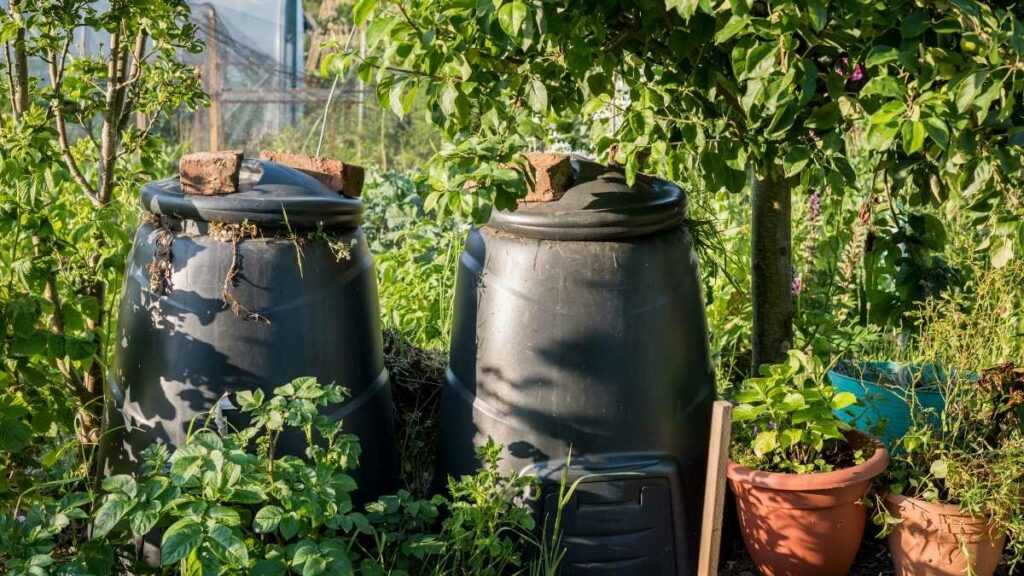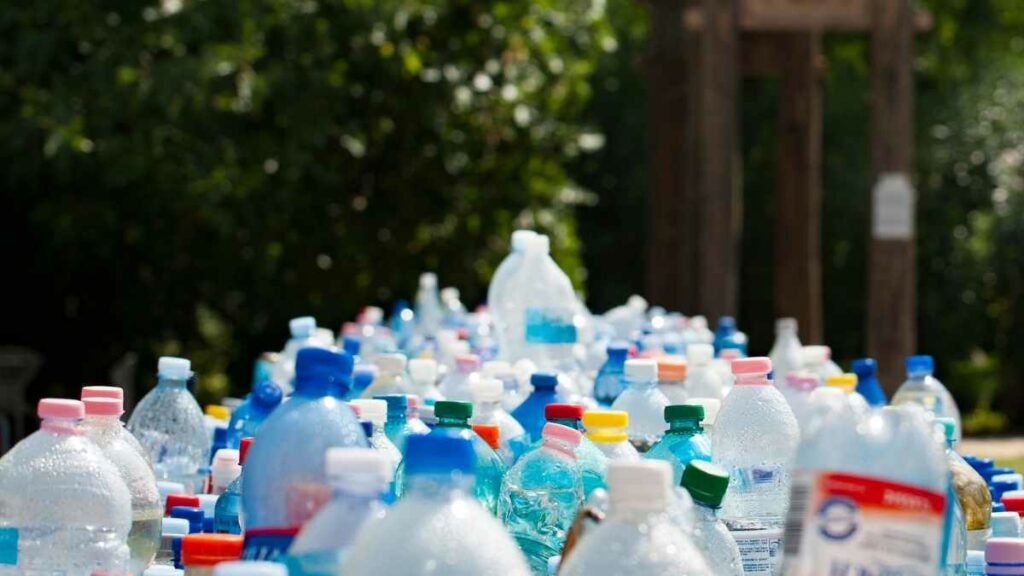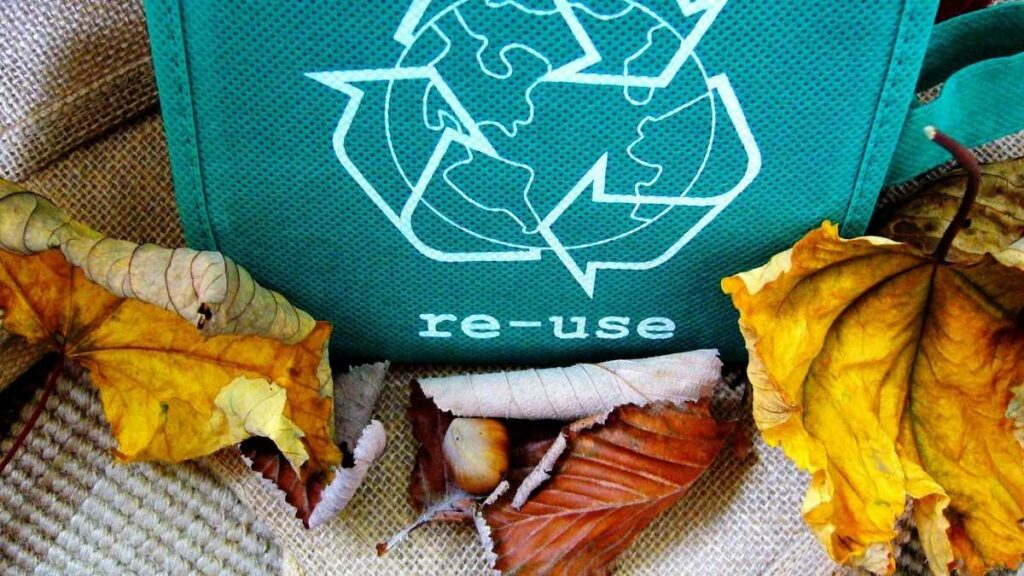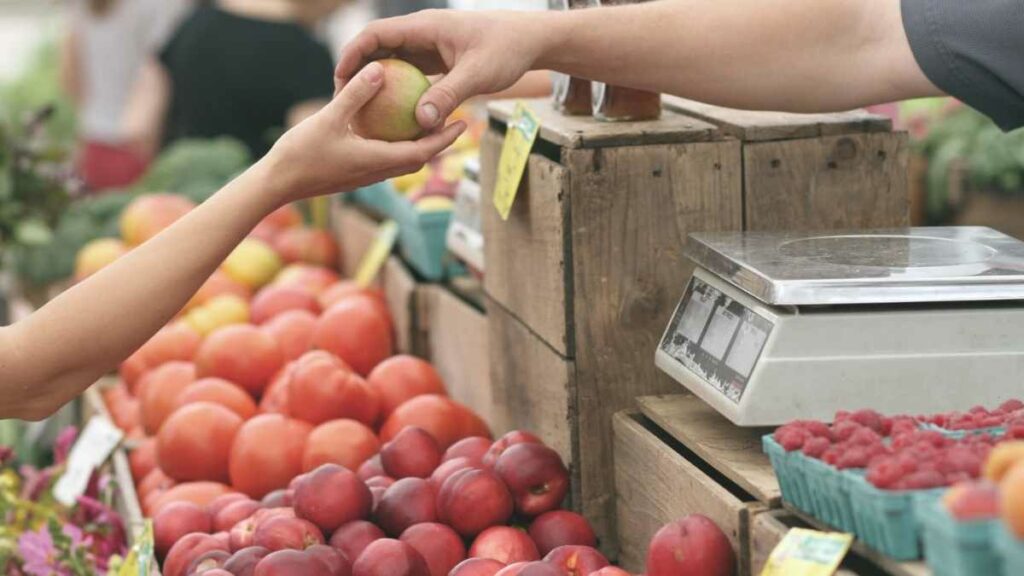Statistics have shown that globally, the world needs to begin to take conscious, proactive steps to ensure the sustainability of the environment.
With about 20 to 50 million metric tons of electronic waste being produced globally annually and only 11.4% of that number being recovered for recycling, a vast amount of waste ends up in landfills.
Therefore, it is clear that much more needs to be done to reduce the amount of waste being produced to cater to the environment.
Living an eco-friendly lifestyle requires you to make a huge step. While making these changes may seem a little overwhelming, you can indeed attain it by making some small changes here and there that will help you start your journey.
How to start living an eco-friendly lifestyle – 10 changes to start your journey
Below are 10 changes that you can make to your lifestyle that will help you live an eco-friendly life.
1. Save energy

Conserving energy is one of the best ways to reduce your carbon footprint on the environment. There are various ways you can save energy in your home.
Purchasing eco-friendly and energy-efficient eco-friendly lightbulbs will help you save energy. Be sure to replace your old bulbs with LED light bulbs that are brighter and consume less power.
Another way to conserve energy is to switch off appliances and light bulbs when not using them at home.
-

Fashionably Green and On-The-Go
£16.50 Select options This product has multiple variants. The options may be chosen on the product page -

Reusable and Ready Eco-Friendly Tote Bag
£16.50 Add to cart
Be conscious of the energy consumption of your appliances, and if you cannot replace some of the heavy consumption appliances, try to reduce how you use them and instead choose an eco-friendly alternative. For example, you can hang your clothes outside to dry instead of using a dryer. Using nature to dry your clothes is much more energy-efficient.
2. Eat less meat

The livestock sector accounts for 9% of CO2 deriving from human activities but produces a much larger share of even more harmful greenhouse gases. It generates 65% of human-related nitrous oxide, which has 296 times the global warming potential (GWP) of CO2.
According to a study conducted by the United Nations (UN)
This may come as a surprise to you, but the truth is that reducing the amount of meat consumption will reduce the overall emission of GWP gases, and yes, eating less meat can make a difference.
While we are on the subject of food, you should look to reduce your food waste to be more eco-friendly.
3. Get a compost bin

Composting is the natural decomposing of organic substances and food in an environment enabled by air and microbe-rich elements acting on them.
Compost bins can be made of naturally decomposing elements such as corn-starch, which also decompose naturally without releasing toxic substances harmful to your health and the environment.
This is a more environmentally friendly method of waste disposal than disposing of waste in plastic bags that end up in landfills which require hundreds of years to decompose and release harmful gases into the environment.
Guess what? You can even start your compost to help you save the extra cost of purchasing one.
4. Reduce water waste

Cutting back on your use of water can save water and ensure you live an eco-friendly life. Making investments such as purchasing a water butt or a low-flow showerhead are smart investments that will help reduce water waste.
Reducing your purchase of bottled water is also an essential step in living an eco-friendly life. Purchasing less bottled water and utilizing alternatives such as a water filter will also help you save a lot of money.
5. Try to cut out any use of plastic

Plastics, including plastic bags and plastic bottles, can take up to 500 years to decompose, taking up space in landfills.
By 2050, the production and incineration of plastics are estimated to produce an estimated 56 gigatons of carbon which is catastrophic to the environment.
The environmental impact of plastics on climate change is enormous, and you must cut out any use of plastics as much as possible.
Ensure you go for alternatives such as canvas bags instead of plastic bags and paper bags as well.
Canvas bags are handy and are much stronger than a lot of persons know. Add to that their versatility, and you have a sustainable alternative.
6. Cut down on your use of paper

Not a day goes by without papers, and unfortunately, the environmental effect mostly goes unnoticed.
For every notebook or paper towel that is produced, trees have been cut down to create them. According to the EPA, however, recycling 0.91 tons of paper can save you 17 mature trees.
This means that the less paper is used, the more trees will create a sustainable environment.
Instead of paper and paper products such as paper towels, you can choose other alternatives. For example, instead of printing receipts and writing letters on paper, choose to have everything received electronically.
Instead of using paper towels for cleaning, you can cut some old clothes and use them instead.
7. Reuse and recycle

Purchasing reusable, zero-waste products is essential for an eco-friendly lifestyle. You can decide to buy second-hand products, for example, which will help you to save money.
Instead of throwing your clothes and products after one use, you can decide to reuse them instead.
Remember, recycling products is one of the best ways to go green and to live a sustainable lifestyle.
8. Utilize eco-friendly products

Take a look around your house, look for items and products that are not environmentally friendly. Change them for more environmentally friendly alternatives.
Some cleaning products contain chemicals that are harmful to you and the environment. Purchasing green and eco-friendly cleaning products would reduce the hazards you can be exposed to.
9. Drive less

The number of cars on the roads is a significant cause of increased carbon emissions in the environment.
Instead of driving you can choose to walk, ride a bike or use public transport. This way, you get to improve your health and reduce your carbon footprint.
10. Buy local

Packaged foods provide a headache with recycling and so instead of buying packaged, choose to go local and purchase fresh foods.
This way, you are also improving your health by eating fresh foods and contributing to your local economy.
Wrapping Up
The world is becoming more and more environmentally conscious, and this is important to ensure that the world remains a habitable place for years to come.
For this to happen, it takes a combined effort from everyone, and that includes you.
Although the changes may be massive, making minor changes to your lifestyle will certainly help you on your journey to living an eco-friendly life and reducing your carbon footprint.

